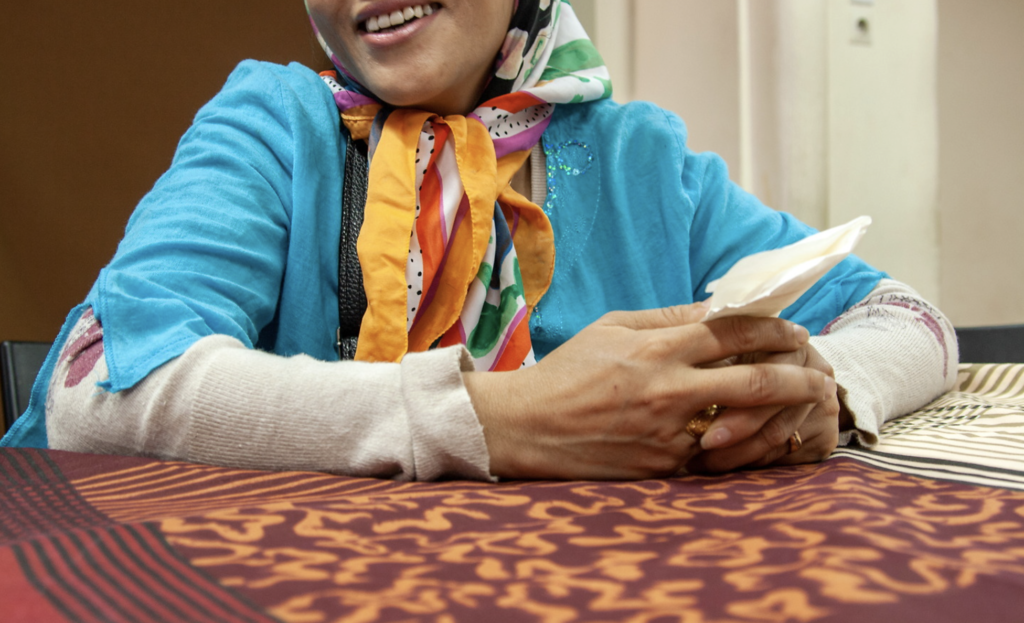*This story contains graphic accounts of domestic violence and abuse. Reader discretion advised.*
Barbed wire and shards of glass line the maximum-security prison walls that Foruzan has looked out over the last 15 years of her life.
Living with her two daughters in one of Central Asia’s most notorious women’s prisons has not been easy, but to Foruzan, it has been worth it.
After both children and Foruzan had endured vicious domestic abuse and unpredictable episodes of violence for years, the overwhelming fear for their lives finally became too much.
One day, Foruzan decided that her family had endured trauma long enough, so she fought back.
Her husband died in the confrontation.
Though this nation claims the highest rates of domestic violence—almost 90% of the country’s women will experience physical abuse in their lifetimes—only a few focus on the issue formally.
Because of this lack of legal attention, many women in the region end up in Foruzan’s position—or worse.
It is not uncommon to hear of husbands trying to sell their wives’ organs on the black market—often performing the “surgery” themselves, inventing new methods of torture curated to their fears or forcing them into unwanted sexual encounters for money.
Enough mothers share Foruzan’s story.
This prison confines only women convicted of murdering their abusive husbands. Due to the culture’s myopic emphasis on women as the sole homemakers and parents, children often accompany their mothers to prison once sentenced.
Following nearly two decades of limited contact with the outside world and little-to-no education, when Foruzan met with the Send Relief partners, she had no access to electronics, no updates or news of her family or village and no skills training.
After spending so many years caring for her children within the confines of a jail cell, Foruzan felt nervous about her upcoming release. She had no guidance on reintegrating into society or providing for herself.
When the pandemic hit, Foruzan received an early discharge, but not before our partners hosted a six-month vocational preparation program at the prison.
At the trainings, Foruzan learned to bake and decorate cakes from volunteer professionals. She excelled quickly enough to assist the teacher, co-hosting classes for other prisoners!
“Thank you from the bottom of my heart for helping me have a better life! I learned a lot about marketing, budgeting, and calculating costs and profits from my teacher,” Foruzan exclaimed.
In addition to baking, she also studied and learned to tailor. “I even learned a little English! When I earned all the needed supplies, I started my own tailoring business in the room on my mother’s roof. I have more customers than I have time to sew and they say my work is excellent! I earn enough money to support my two daughters and give them a better life.”
One team leader commented on the experience, “When we designed these classes for the prison, we did not realize the strong correspondence between literacy, success and mental well-being. As Foruzan and other ladies learned how to read and write, their self-esteem skyrocketed and their motivation for living improved.”
After implementing more trauma healing classes into the program, teachers saw a marked improvement in the women’s behavior and mental health. For many inmates, an atmosphere of hope and possibility emerged for the first time. It overtook the shame, anger and depression that had infiltrated their hearts and minds.
Your consistent generosity has helped these women. Upon their release from prison, they can start their businesses and start living a new chapter!
Published July 14, 2022
